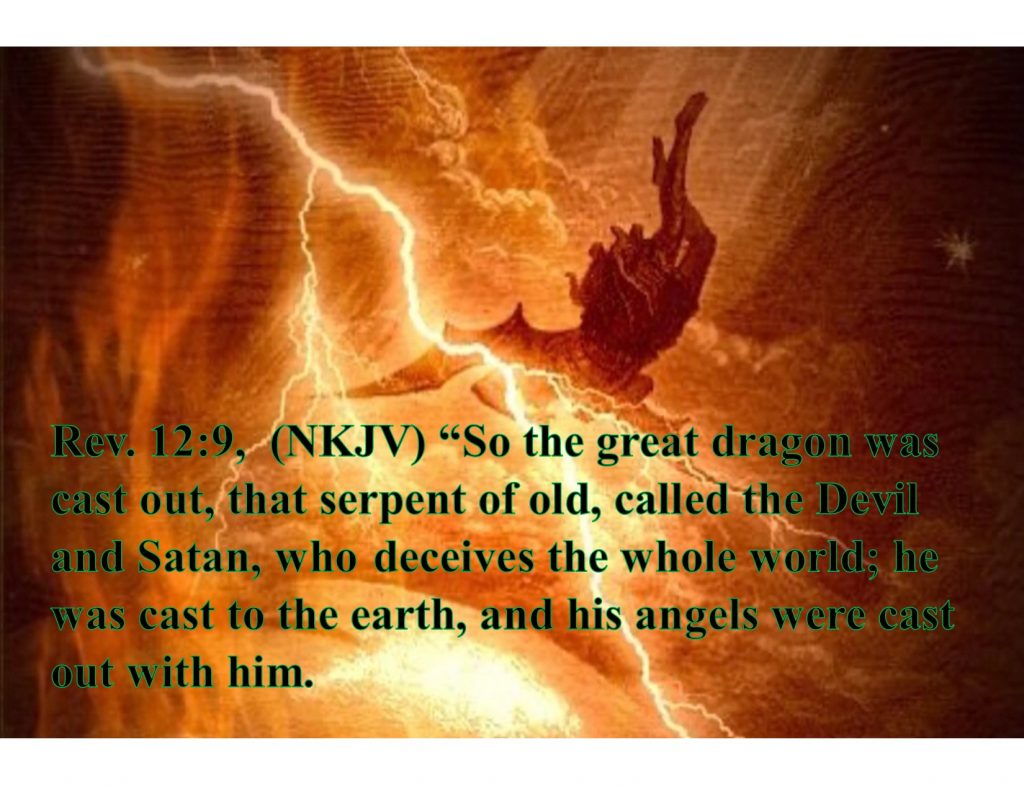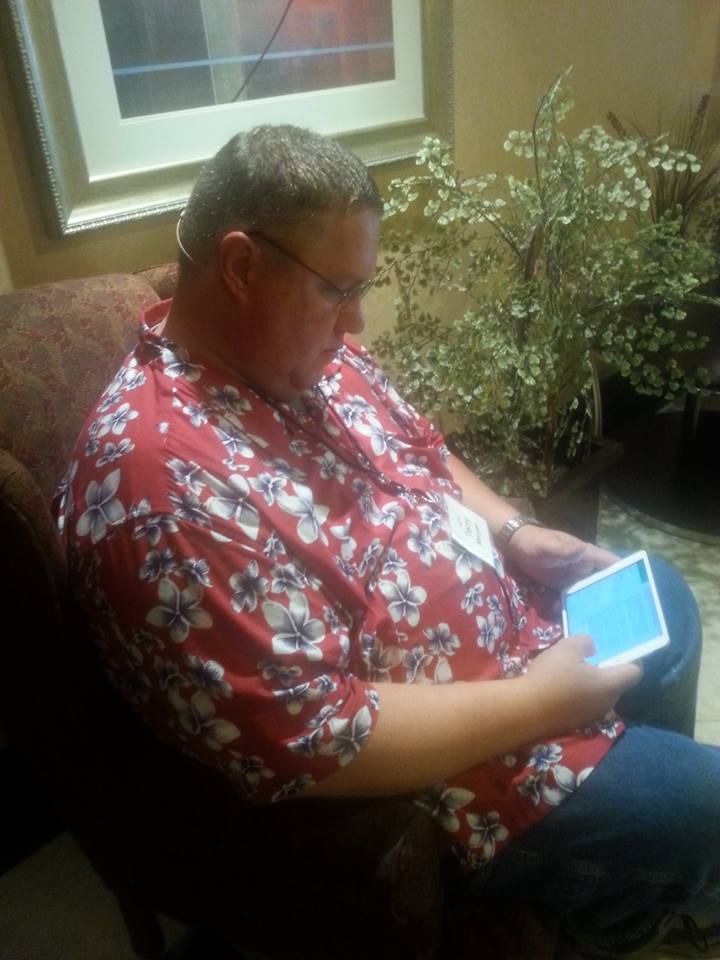Jesus Loved Interruptions:
Interruptions or Divine Appointments?
Have you ever been in the middle of something important and had someone interrupt you? I once had a friend named Russ. He was a volunteer in a ministry I ran. Russ was an outgoing guy, with a huge heart for people. I loved visiting with him over a cup of coffee when I wasn’t in a hurry to go somewhere. One other thing about Russ, he could also talk the wallpaper off the wall. I remember Russ coming to my office one day. I was in the middle of a project with a deadline coming soon. I loved Russ, but I didn’t have time to sit and talk. He was asking for five minutes of my time, but I knew from experience that his five minutes would quickly turn into an hour. These interruptions would test my patience. He was much older than me, and would lecture me on the importance of taking time and putting people first. He reminded me that ministry is about people and not just about the work. It was hard for me to admit, but I learned a lot from him.
Russ asked me to do his memorial service before he passed away a few years ago. I miss my friend Russ – and his interruptions.

Pastors and Christian leaders can be driven people. We put our head down as we are working on a project, and don’t look up until the task before us is finished. It can be very exasperating when we are in “the zone” to have someone ask us for something, or disturb us. But these interruptions are often the work of God in our lives. These may look like someone simply looking for our attention. It may seem like an annoying irritation taking us away from what is important. But when we hate interruptions, and we don’t see them as divine appointments, we may well miss the plan of God for us.
C.S. Lewis famously said, “The great thing, if one can, is to stop regarding all the unpleasant things as interruptions of one’s ‘own,’ or ‘real’ life. The truth is of course that what one calls the interruptions are precisely one’s real life — the life God is sending one day by day.”
The Gospel of Luke chapter 8 tells of a day in the life of Jesus. Jesus was returning from the area known as the Gerasene’s where he had set the demoniac free. Upon his return there was a crowd already waiting for him. They pressed against him. Everyone wanted to get close to Jesus. They were there when he did the creative miracle and fed the five thousand. They had seen him heal the blind, the lame and the leper. They had heard his teachings. They all wanted something from him.
In verses 41-42 of Luke 8 we read, “And there came a man named Jairus, who was a ruler of the synagogue. And falling at Jesus’ feet, he implored him to come to his house, for he had an only daughter, about twelve years of age, and she was dying.” Jesus could have said he was too busy with the crowd to be bothered by one person, even if he was a ruler of the synagogue, but he didn’t. He set off towards the home of Jairus. But then he was interrupted yet again. It says in verses 43-44, “And there was a woman who had had a discharge of blood for twelve years, and though she had spent all her living on physicians, she could not be healed by anyone. She came up behind him and touched the fringe of his garment, and immediately her discharge of blood ceased.” This woman was part of the crowd pushing on Jesus. She moved through the crowd until she was close enough to touch Jesus and receive her healing. Jesus could have just kept going to Jairus’s home ignoring the woman, but he didn’t.
In verses 41-42 of Luke 8 we read, “And there came a man named Jairus, who was a ruler of the synagogue. And falling at Jesus’ feet, he implored him to come to his house, for he had an only daughter, about twelve years of age, and she was dying.” Jesus could have said he was too busy with the crowd to be bothered by one person, even if he was a ruler of the synagogue, but he didn’t. He set off towards the home of Jairus. But then he was interrupted yet again. It says in verses 43-44, “And there was a woman who had had a discharge of blood for twelve years, and though she had spent all her living on physicians, she could not be healed by anyone. She came up behind him and touched the fringe of his garment, and immediately her discharge of blood ceased.” This woman was part of the crowd pushing on Jesus. She moved through the crowd until she was close enough to touch Jesus and receive her healing. Jesus could have just kept going to Jairus’s home ignoring the woman, but he didn’t.
Here was an interruption followed by an interruption, but Jesus didn’t become frustrated. He called out the woman who had touched him and received the healing from an issue of blood. Jesus didn’t rebuke her, instead he ministered to her. Jairus was an important dignitary from the synagogue, so we can almost understand him allowing this interruption. However the woman with the issue of blood is not presented in the story as anyone important. Yet Jesus stopped what he was doing to care for her.
The next interruption came when people from Jairus’s home came to let them know his little girl was dead. Once again, Jesus was not disturbed by this yet another interruption. He continued the journey to the home of Jairus to heal his little girl. Neither of these miracles may have happened if Jesus had chosen to stay and minister to the crowd rather than to allow these interruptions. He had a choice of ministering to an individual, or continuing on with his plan to teach the crowd. But Jesus was aware of the moving of the Holy Spirit, and took these interruptions and recognized these divine appointments from God.

Do you have a Russ in your life? Are you a driven person who doesn’t like interruptions? I want to encourage you remember the example of Jesus and how he embraced interruptions. Change your thinking when it comes to interruptions. It may well be that the person disturbing you; the person infringing on your being “in the zone” may actually be a divine appointment set by God. As Russ taught me, so many years ago, put people first.




